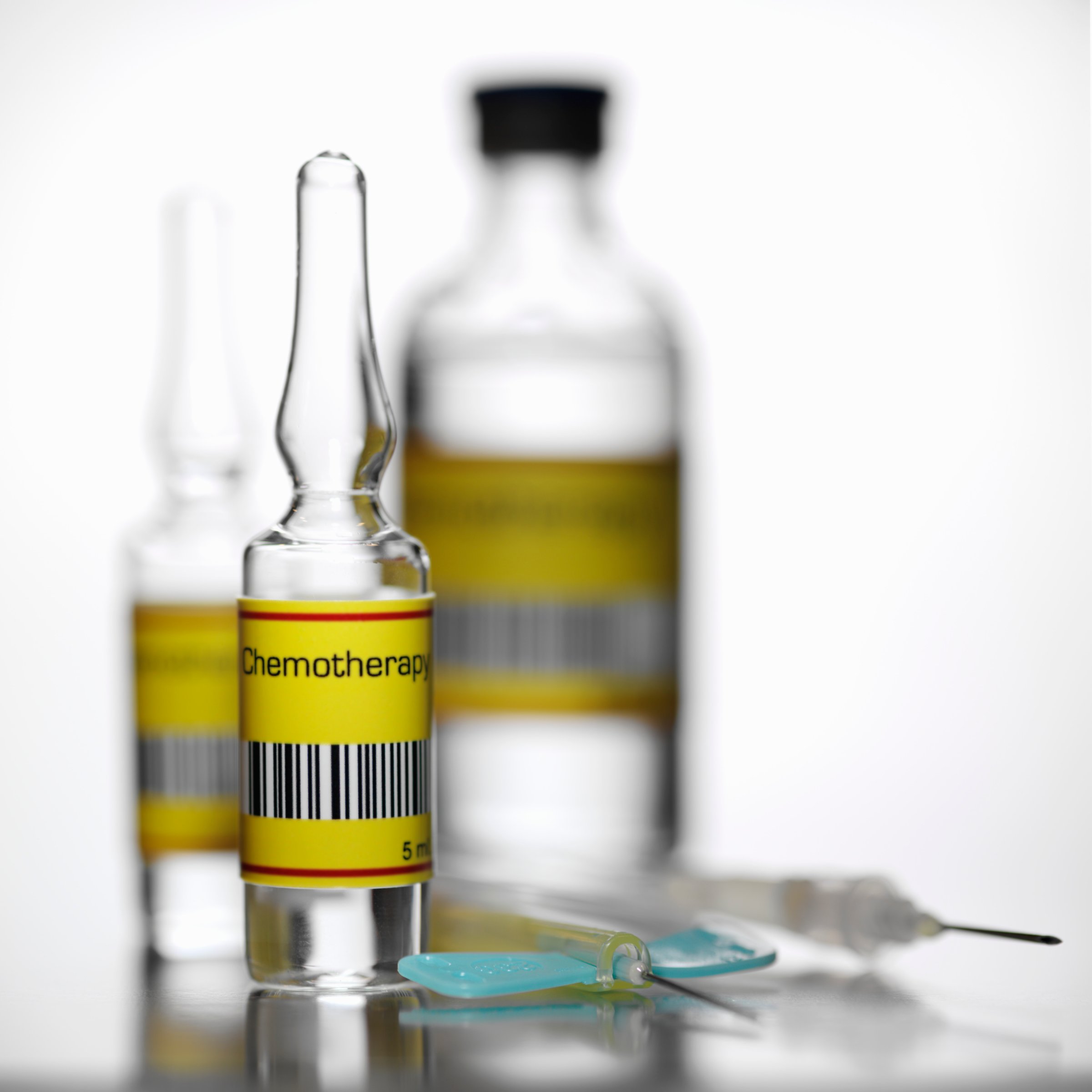
Researchers at the University of Texas MD Anderson Cancer Center compared six breast cancer chemotherapy regimens to determine which caused more toxic side effects by requiring the patients to be hospitalized for infections, fever, dehydration or low blood counts.
In order, from the regimen that caused the most hospitalizations among 12,894 patients who were treated for early stage breast cancer, to the one that caused the fewest, the chemotherapies were:
The treatments are interchangeable, says the study’s lead author, Dr. Carlos Barcenas, from the department of Breast Medical Oncology at MD Anderson, so knowing which ones are associated with more toxicity may help some patients and doctors to choose more tolerable therapies. Other factors may also play a role; the TC regimen, for example, is linked to the most hospitalizations but that’s because it involves more intensive doses of chemotherapy in half the time – 12 weeks – of all of the other options, which are spread out over 24 weeks. For women who prefer to have their chemotherapy finished sooner, the higher risk of side effects may be worth the time savings.
Women with heart disease also have to use the TC regimen, since the others include a drug that is toxic to the heart.
The results, published in the Journal of Clinical Oncology, should help patients to be more informed about their chemotherapy options, says Barcenas, and prompt more research into ways that the right treatments can be matched to the right patients.
More Must-Reads From TIME
- The 100 Most Influential People of 2024
- Coco Gauff Is Playing for Herself Now
- Scenes From Pro-Palestinian Encampments Across U.S. Universities
- 6 Compliments That Land Every Time
- If You're Dating Right Now , You're Brave: Column
- The AI That Could Heal a Divided Internet
- Fallout Is a Brilliant Model for the Future of Video Game Adaptations
- Want Weekly Recs on What to Watch, Read, and More? Sign Up for Worth Your Time
Contact us at letters@time.com